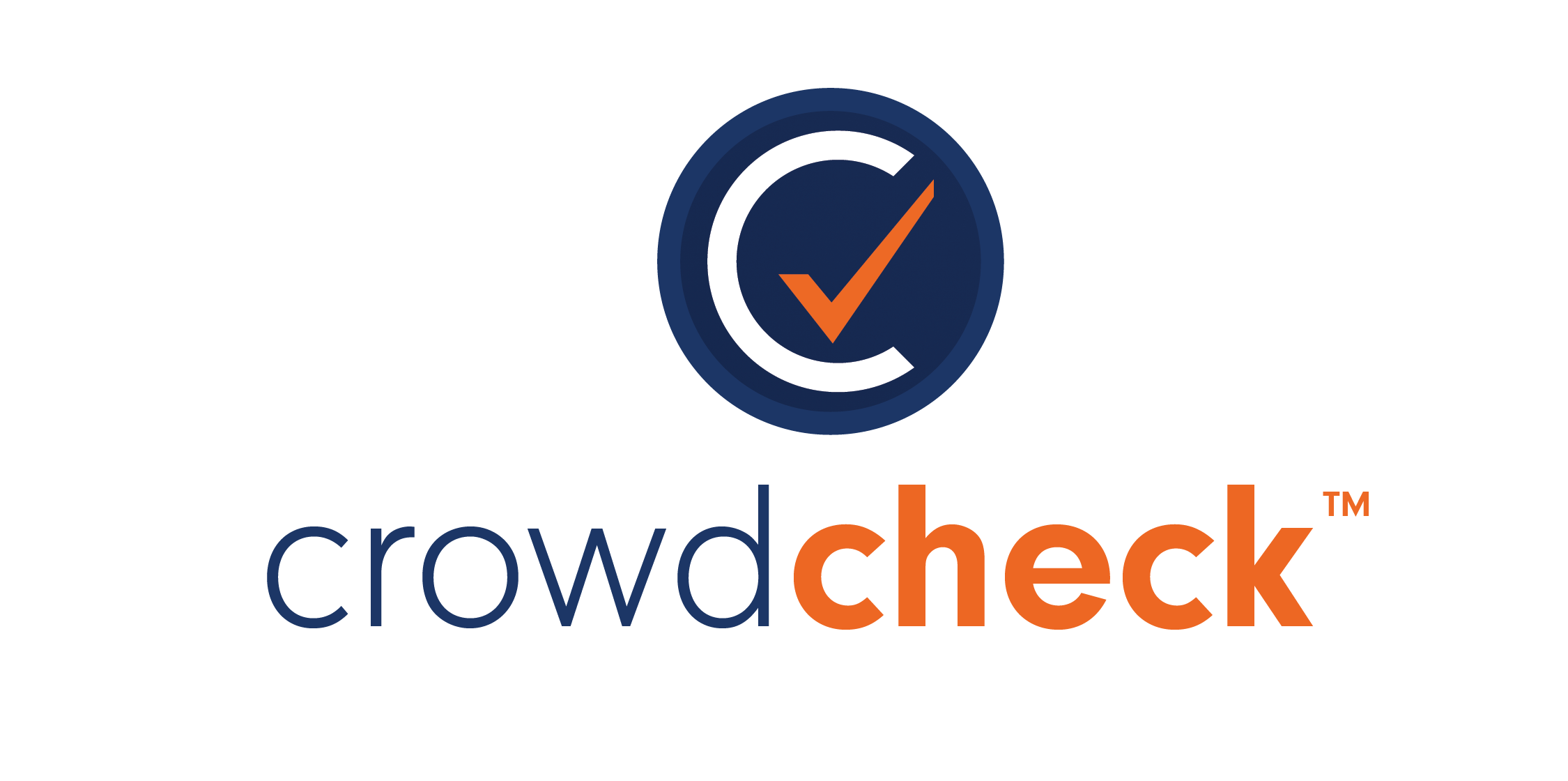Lawyers will know the name of Louis Loss, one of the gods of securities regulation. From one of his key works, writing about the Securities Act of 1933:
In short, Congress did not take away from the citizen “his inalienable right to make a fool of himself.” It simply attempted to prevent others from making a fool of him.
Loss was writing about one of the underlying principles of the Securities Act, which is full disclosure. A blog is not the place to get into the nitty gritty of disclosure versus merit regulation, and the impact that disclosure has on on the merits of an offering, but here’s the basic theory: if you tell the truth, the whole truth and nothing but the truth about your company, you can sell its shares publicly in an SEC-registered offering, however theoretical, speculative, or downright idiotic your business plan might be.
So it is, or should be, with crowdfunding. There’s been a lot of fuss recently about some scientifically unproven campaigns on the donation/reward crowdfunding sites. One campaign, which closed on one of the major sites, is LITERALLY a perpetual motion machine. (Search Quantum Energy Generator.)
Now the fact that some people are willing to give money to others for some of the most scientifically unproved, baseless and moronic campaigns I’ve seen is proof of the need for better STEM education in the United States, but should those campaigns be prohibited? No. After all, at some point some of them cross over the line into what are essentially faith-based projects (Mayan Energy Pyramids, anyone?) and who are we to challenge faith and hope and groundless optimism?
What we do need though, both for donation/rewards and securities campaigns, is full and honest disclosure. Something along the lines of: “No-one has done this before. We don’t know if it works. The science behind this is speculative and unproven. We have no qualifications in this branch of science. If you invest you are essentially taking it on faith that we can perform.” That would be a great improvement on the current state of affairs, and the crowdfunding platforms should require it.
People talk about the ability to throw their money away on money on gambling and sports cars, and I hate to hear any analogy between crowdfunding and gambling, but the principle is the same. So long as people get the truth, the whole truth and nothing but the truth, they should be permitted to be as foolish as they choose with their money.

